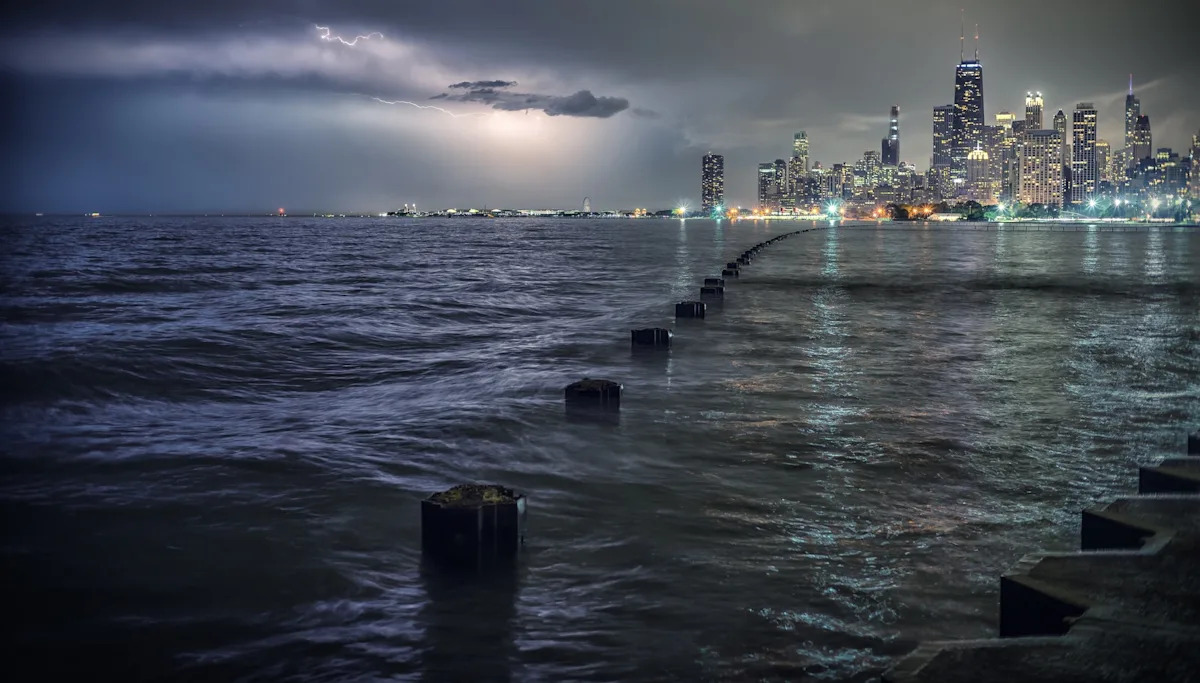Yahoo is using AI to generate takeaways from this article. This means the info may not always match what’s in the article. Reporting mistakes helps us improve the experience.Generate Key Takeaways
A study of ancient corals has revealed troubling implications as humankind contemplates the prospect of rising sea levels in the near future.
What’s happening?
Researchers from universities in Australia, New Zealand, and the United States examined fossil corals from the Seychelles. The team studied two dozen prehistoric corals off the coast of the African islands to unlock clues about today’s issues, per Earth.com.
It determined that the last time global temperatures were similar to today’s, about 122,000 years ago, sea levels rose in rapid bursts, not gradually. Moreover, though the U.S. government projected 1.3 meters of rise by 2100, this research notes it could be up to 10 times higher.
“This is not good news for us as we head into the future,” Andrea Dutton, a professor of geoscience at the University of Wisconsin-Madison, told Earth.com.
Why are the study’s findings so concerning?
The ocean’s rising levels are linked to human activity. The planet-heating pollution of dirty energy is creating warmer oceans and accelerating the loss of sea ice. Rising ocean temperatures are the perfect basis for more frequent and devastating extreme weather events. If left unchecked, the problem could become far worse than feared.
Three billion people live within 200 kilometers (124 miles) of coasts, and millions could be permanently displaced. Worse still, some of the most crucial natural protections against the effects of extreme weather are in danger. Some parts of the United States may become uninhabitable as home insurers leave the most at-risk areas.
Watch now: Giant snails invading New York City?What’s being done about rising sea levels?
While rising sea levels cannot be stopped, they can certainly be slowed down. The study calls for a drastic reduction in dirty energy use and a greater adoption of clean energy sources. It’s essential to stay informed about the most pressing climate issues, engage in productive discussions with loved ones, and make responsible consumer choices.
Join our free newsletter for good news and useful tips, and don’t miss this cool list of easy ways to help yourself while helping the planet.
